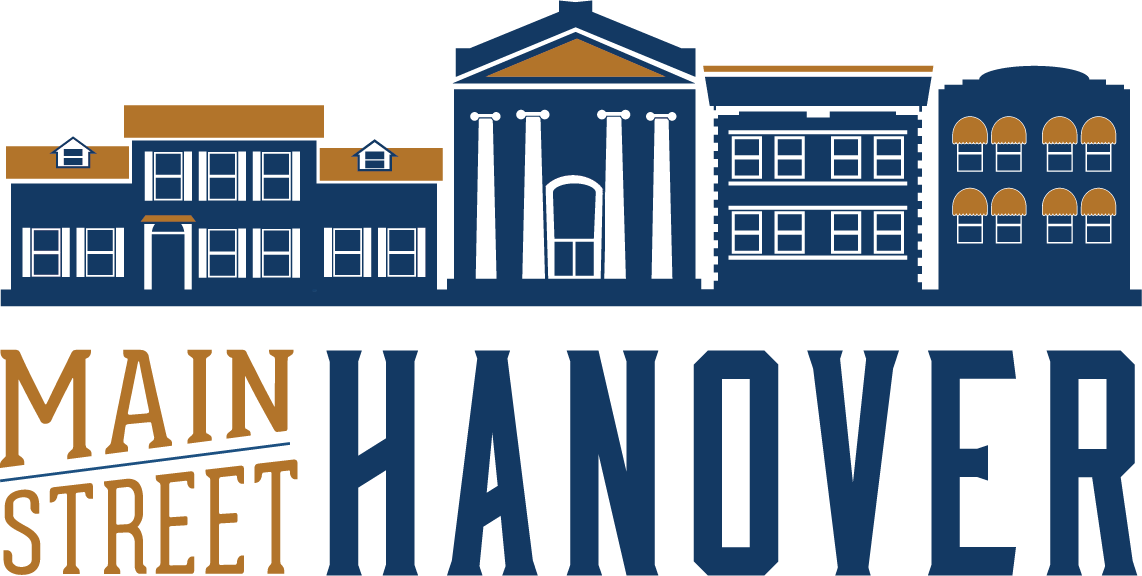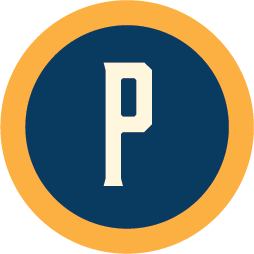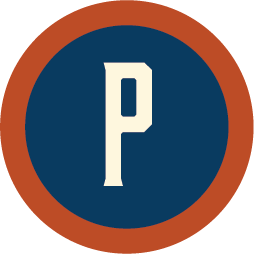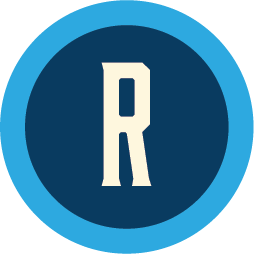UPMC Lactation Consultant: Empowering Families Through Breastfeeding
By Shannon Lilienthal, Lactation Consultant, UPMC Magee-Womens in Central Pa. Breastfeeding is a personal choice, and one that comes with powerful health benefits for both mother and baby. August is National Breastfeeding Awareness Month, making it a great time to highlight how breastfeeding supports lifelong wellness, strengthens bonds, and can even benefit communities as a whole. Health Benefits for Baby Breast milk is often called “liquid gold” because of how perfectly it is tailored to meet an infant’s needs. It contains the ideal mix of nutrients, antibodies, and enzymes to support healthy growth and development. Research shows that breastfeeding can: · Reduce the risk of infections, including ear infections, respiratory illnesses, and diarrhea. · Lower the likelihood of developing asthma, obesity, and type 2 diabetes later in life. · Promote better brain development and cognitive performance. Breastfeeding is also linked to a lower risk of Sudden Infant Death Syndrome (SIDS), especially when continued through the baby’s first six months. Health Benefits for Mom The benefits of breastfeeding are not one-sided. Breastfeeding can help mothers recover from childbirth more quickly by stimulating uterine contractions, which reduces postpartum bleeding. Over time, breastfeeding has been shown to: · Lower the risk of breast and ovarian cancers. · Reduce the likelihood of developing type 2 diabetes and high blood pressure. · Support natural weight loss after pregnancy. It can also offer emotional and mental health advantages, such as improved bonding and a reduced risk of postpartum depression. How Communities Benefit Beyond individual families, breastfeeding offers wide-reaching public health benefits. Fewer infections and chronic conditions in infants lead to lower health care costs for families and the health care system. Breastfeeding/breast milk feeding can be lifesaving in times of emergencies and natural disasters when resources may be limited. Communities that support breastfeeding — through lactation-friendly workplaces, public spaces, and health care policies — often see better health outcomes and higher employee satisfaction. Over time, this contributes to a healthier population and less strain on public health resources. Support and Flexibility Matter While breastfeeding is a natural process, it can come with a learning curve. The good news is that many of the common challenges—like finding a comfortable latch, understanding milk supply, or balancing breastfeeding with daily routines—can be overcome with support, patience, and practice. With the right resources and encouragement, many parents find breastfeeding to be a rewarding and bonding experience. Support from family members, health care providers, lactation consultants, and employers can make a big difference in helping new parents reach their feeding goals. It’s also important to recognize that not everyone can or choose to breastfeed or provide breast milk—and that’s completely okay. Every family’s feeding journey is unique, and some experiences may be shaped by factors beyond their control. Our goal is to provide evidence-based education so that every family can make an informed feeding decision that feels right for them—and we are here to support whatever that choice may be. No matter how you feed your baby, you are providing the love, nourishment, and care they need to grow and thrive. Shannon Lilienthal is an IBCLC (International Board Certified Lactation Consultant) with 25 years of experience working with families. For the past 19 years, she has worked at UPMC Harrisburg Hospital teaching breastfeeding classes, supporting families in the hospital, as well as Outpatient Lactation Services. She facilitates UPMC’s weekly breastfeeding support group in Camp Hill, Pa. She has presented at conferences and seminars on a variety of lactation topics. She lives in Mechanicsburg with her husband and their two teenage sons
UPMC Hanover
Malini Mattler Manager, Media Relations












































